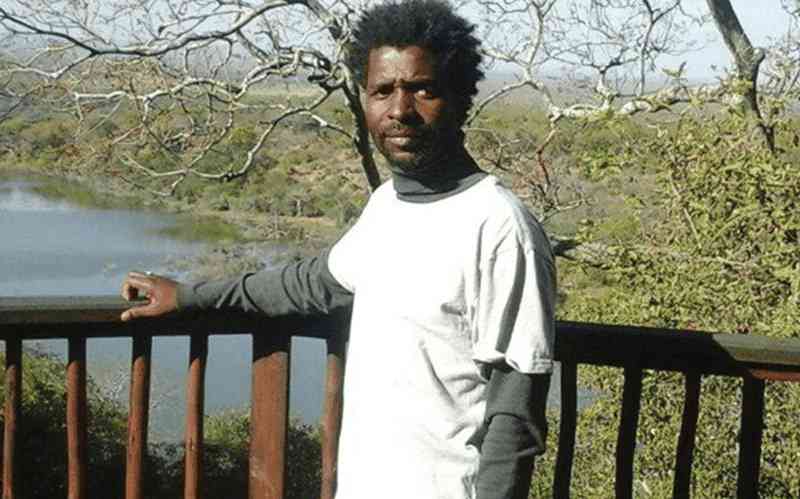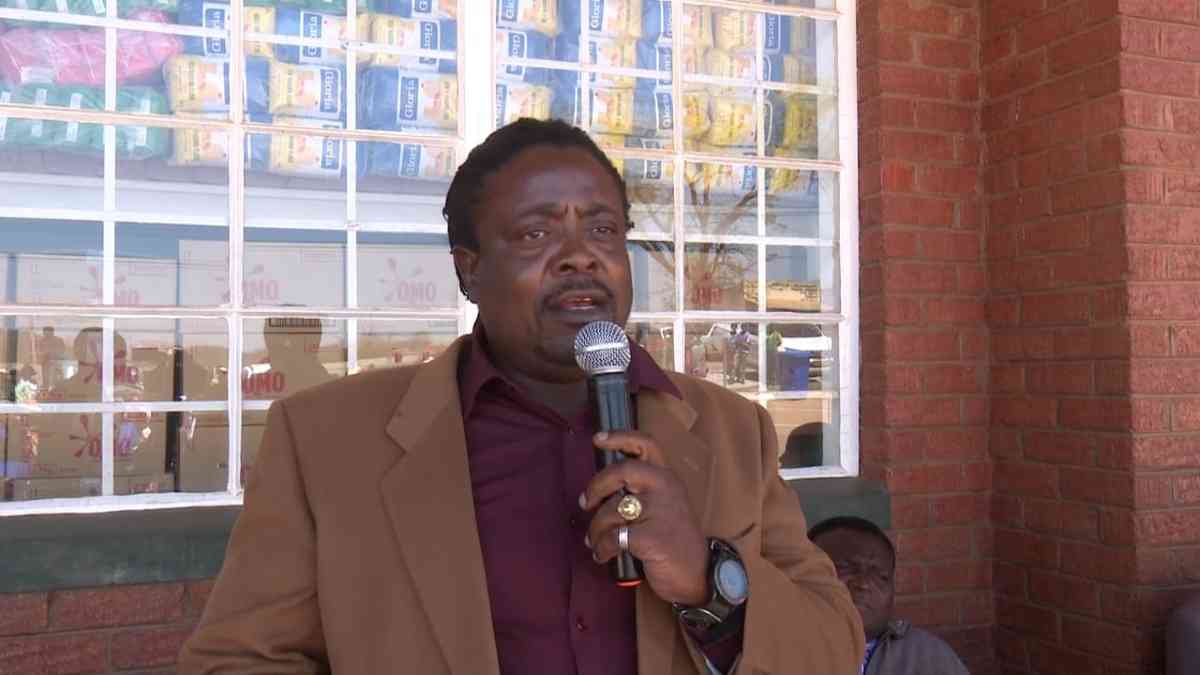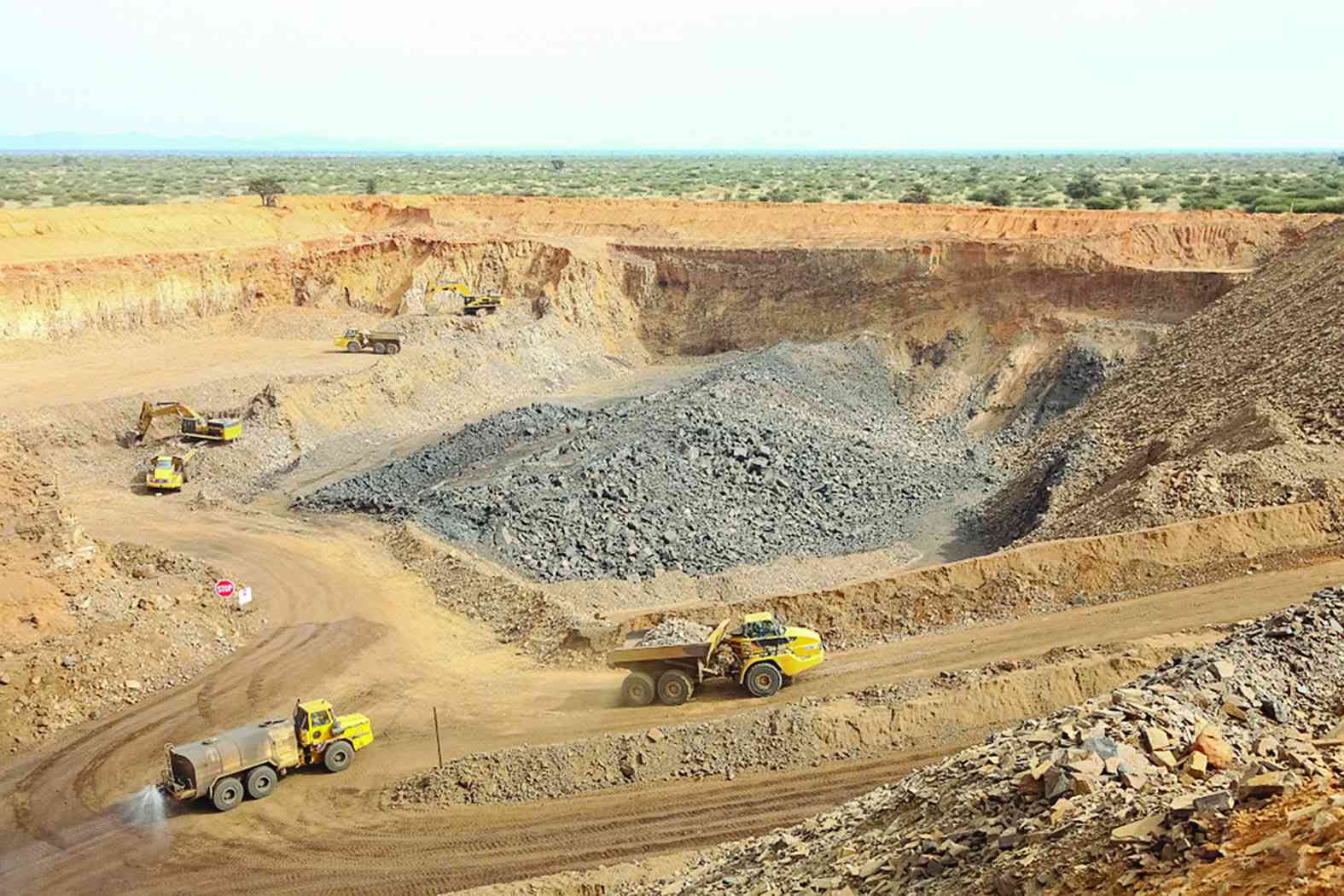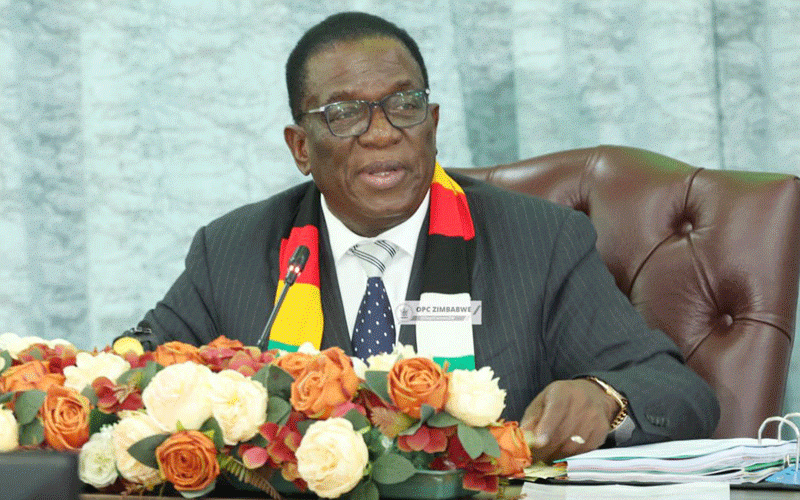
ZIMBABWEANS are going to vote in a general election on August 23. This happens at a time the country has loads of debt — some of it dating back to 1980 when the country became independent. Most of this debt is from China and was used to ensure Zanu PF gets re-elected.
President Emmerson Mnangagwa is seeking a second and final term at all costs. All costs including dragging Zimbabwe into debt that it will never be able to repay. What matters to him is the now and never sustainable growth.
This may sound a harsh judgment on the man who claims to be as soft as wool. It, therefore, calls that some evidence has to be adduced to support the fact that Zanu PF is dragging us into the abyss of debt.
The Zimbabwe Economic Policy Analysis and Research Unit (Zeparu) in 2018 produced a paper titled: An Assessment of Arrears clearance and Sustainable Debt options for Zimbabwe. The paper painted a gloomy picture of Zimbabwe’s precarious debt situation.
Zeparu said: “The unsustainable debt position is exacerbated by the recent pace of domestic debt accumulation to finance growing fiscal expenditure, which recorded US$7,1 billion in December 2017.”
The year 2017 is important in that it marks the beginning of the so-called Second Republic or in common parlance — Zimbabwe post the November 2017 coup that ousted Robert Mugabe and brought in Mnangagwa. In simpler terms, the late former leader left Zimbabwe with a debt to the value of US$7,1 billion. The policy think-tank then said of the debt: “The debt stock is also vulnerable to shocks, mainly export and growth shocks. Moreover, debt service indicators from the envisaged debt resolution strategy suggest that the country would be required to fork out amounts in excess of 20% of its exports or government revenues in settling restructured debt, which is largely unproductive in nature.”
Instead, Mnangagwa has piled more debt. Zimbabwe’s sovereign debt has more than doubled in five years. To demonstrate this, I need no one other than Mnangagwa’s Finance and Economic Development Czar — Mthuli Ncube. The Finance minister stated the debt situation when he presented the 2023 budget statement last November.
“The total public and publicly guaranteed debt amounted to US$17,6 billion as at the end of September 2022, up from US$17,2 billion as at the end of December 2021. The increase is attributed to new disbursements for on-going projects and the Reserve Bank of Zimbabwe borrowing, as well as continuous accumulation of penalties,” Ncube told Parliament.
- Budget dampens workers’ hopes
- Govt issues $24 billion Covid-19 guarantees
- Letter to my People:They have no answers for Nero’s charisma
- Corruption Watch: Get scared, 2023 is coming
Keep Reading
In other words, Mnangagwa in a short five years borrowed a good US$10 billion. This debt was mainly from China.
To get a glimpse into that, I bring a tweet from Information permanent secretary Ndavaningi Mangwana. On Tuesday after meeting the new Chinese ambassador to Zimbabwe, he tweeted: “Yesterday the Minister of @InfoMinZW Senator M. Mutsvangwa met the new @China_Amb_Zim Cde Zhou Ding. China is a major contributor to Zimbabwe’s development. Some Chinese run projects are: 1-New Parliament 2- RGM Extension 3-Manhize Steel Plant (Dinson) 4- Victoria Falls Airport 5-Hwange 7 and 8 6-Kariba South 7- Kunzvi Dam 8- Marovanyati Dam 9- Bikita Minerals 10- Arcadia Mine.”
It is easy to pick which projects were funded by debt. These are two international airports — Robert Mugabe and Victoria Falls, power generation plants — Kariba South expansion and Hwange 7 and 8 and water infrastructure — Kunzvi and Marovanyati dams.
One commentator based in the United Kingdom, Brighton Musonza, while admitting that the Chinese funding has helped the country, said he hoped that the funding could be used for high impact economic investments.
“We now have a facelift of our main airport; let us now draw Chinese into constructing the Harare metro rail line. Only that can have a major impact on the economy as this can cut the number of cars and see a significant reduction of fuel imports and improved Balance of Payment,” tweeted Musonza. I couldn’t agree more with Musonza, except to add that Zanu PF does not and is not inclined to high impact investments that make people less dependent on the government. The transport infrastructure has been on the cards for nearly three decades. An example is the Chitungwiza to Harare railway line that has gathered dust on the shelves.
It seems the government enjoys the rent-seeking behaviour of the police on the roads where more often they are harassing commuters or drivers and extorting them.Back to the Chinese funding. The Dragon is feeding and has ring-fenced its quarry. Zimbabwe is now safely in its embrace for decades to come. It has the mineral reserves it desperately wants such as diamonds, chrome, iron and lately lithium. Like former Deputy Prime Minister Arthur Mutambara said during the inclusive government, the Executive needs to negotiate smartly for it to gain from Chinese investments. Kenya and Ethiopia have shown the way by how they put up the Nairobi-Mombasa railway line and the Addis Ababa light railway, respectively.
A quick search on the internet shows the final cost for the Addis Ababa light railway project was US$475m and construction took three years. The railway line was planned to have a total of 41 stations around Ethiopia’s capital.
On the contrary, Zimbabwe seems more interested in projects that massage the egos of the leaders like the Defence College or the New Parliament Building. These could have been done using local resources. For the college, it could have been one large block added to the University of Zimbabwe (UZ), thus turning UZ into a college city like Oxford.
As the election season enters the homestretch, it is important for Zimbabwe to be discussing the national debt question and how it can be restructured and new debt contracted with economic sustainability in mind. Otherwise, Zimbabwe will wake up with China demanding all the mortgaged resources or some of those projects that Mnangagwa today prides as his achievements.
- Paidamoyo Muzulu is a journalist based in Harare. He writes here in his personal capacity.











